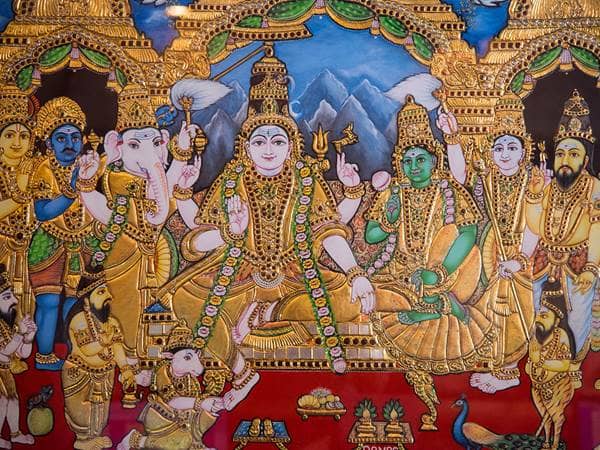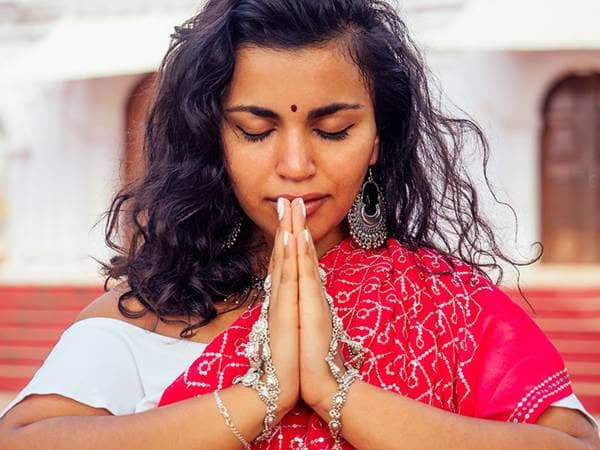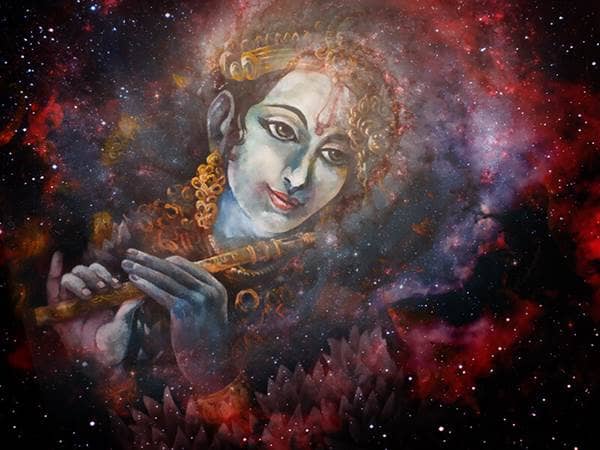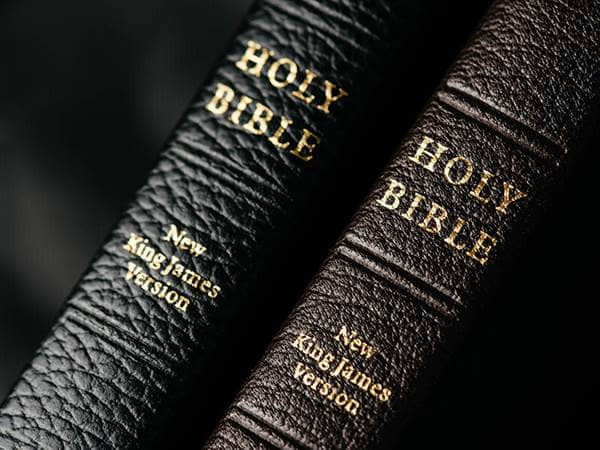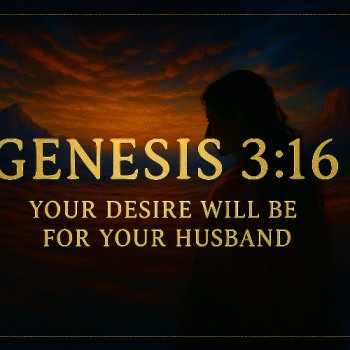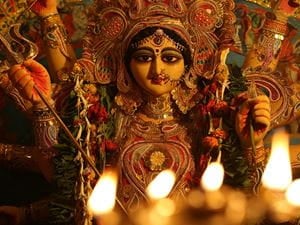
The Age of Hinduism
From an academic perspective, most scholars of world religions perceive Hinduism as one of the oldest religions on the face of the earth today. Indeed, Hindus believe that same thing about their faith tradition—practitioners holding that the Hindu faith predates all other world religions. Of course, like anything else in popular religion, things are not always as cut and dried as we’re inclined to make them; and the age of Hinduism is no exception.
No Known Founder
While most of the world’s great religions have a cherished narrative about the founder of their faith (e.g., Abraham and Judaism, Jesus and Christianity, or Muhammad with Islam), Hinduism is unique, in that there is no known founder of this very ancient faith. Its origins cannot be traced back to a single individual, or even to a specific singular historic event. Because of this anomaly, many Hindus suggest that this only goes to show that it is an eternal religion which has existed forever. And, for this same reason, many historians place Hinduism as the oldest of all religions which exist today.
Contributing Factors and Approximate Origins
While we absolutely cannot say for sure exactly how it got started, there is some popular conjecture as to the contributing factors leading to the founding of this faith-tradition. As a result, we also have some sense of when (approximately) it may have started. Scholarly Views on the Age of Hinduism There are a number of scholars who argue that Hinduism probably began approximately 3,500 years ago, around 1,500 BCE. These same individuals believe that the Hindu faith is an outgrowth of the ancient religion known as Aryanism. The Aryans were Indo-Iranians that were nomadic conquerors, who influenced many religions and cultures, including Hinduism, Zoroastrianism, and perhaps ancient Greece as well. Ancient Aryan worship centered around the veneration of fire and ancestors, in addition to the singing (or chanting) of hymns/Vedas. The Aryan language was an ancient form of Sanskrit (usually called “Vedic Sanskrit”)—and a number of Hindu texts are holdovers from (or have evolved out of) ancient Aryan writings.
The Aryan and Dravidian Influence
According to popular belief, around 1,500 BCE, the Aryans swooped down into the Indus Valley (what today would be known as the Punjab region of Pakistan and India) and conquered the people then occupying that region; a people known as the Dravidians. Rather than completely wiping out Dravidian culture and religion, some historians believe that the Aryans and Dravidians co-existed for about 1,000 years, assimilating religious beliefs and practices. Consequently, some think that the religion that began to emerge in the 5th century BCE (through this assimilation) constitutes the beginnings of what we today refer to as “Hinduism.” Meaning and Origin of the Term "Hindu" The term “Hindu” actually means “Indian” or “from India.” The religion began among the Indus people, and it exists today primarily among the people of India. So, the term “Hindu” is really a geographic title. It wasn’t until around the 6th century CE that the practitioners of this faith began to be called “Hindus.” It is believed that, early on, the religion was called “Dharma”—which essentially means (for Hindus) “the way” or “appropriate way” (as Hinduism teaches that it is the “right way” to live if one wishes to escape the “wheel” of reincarnation). Thus, the title of this very ancient faith tradition is fairly new, and different from what it would have originally been called.
Hindu Renaissance and Modern Hinduism
In addition, it wasn’t until the “Hindu Renaissance” (of the 18th-early 19th century) that Hinduism took on its present structure, appearance, popular beliefs, etc. Thus, the Hinduism we know today is ancient in its origins but fairly modern in its current look and feel. Ancient Hinduism had no systematic theology—and it barely has any today. In its earliest stage, Hinduism was largely associated with nature worship and fertility rites. However, in the 3,500 years since the Aryans conquered the Dravidians, the resulting tradition has evolved dramatically. Controversial Views on Hindu Origins Some Hindus would find this explanation of the origins of the Hindu faith extremely offensive largely for two reasons. First, it denies that the religion is eternal and predates all other religious traditions. Additionally, this explanation of historians calls into question the Hindu belief that God, not man, is the source of Hinduism—its rites, teachings, and even priesthood. Thus, mainstream Hindus would typically reject the suggestion that this religion started around 1,500 BCE, and they would most likely be uncomfortable with the claim that it is an outgrowth of ancient Aryanism.
Determining the Age of Hinduism
So, how old is Hinduism? Well, the answer to that question depends on whether you consider the Hindu faith as simply a modernized form of ancient Aryanism (which has its beginnings around 2,100 BCE), an outgrowth of the Aryan/Dravidian assimilation (circa 1,500-500 BCE), or the result of the Hindu Renaissance (starting in the 19th century of the common era). No matter how you interpret it, Hinduism has its beginnings in ancient times; and whether you place its “founding” earlier or later, its connections with beliefs and practices also held by the ancient Aryans seems undeniable. So, with no ability to date with specificity its founding or founder, we can only say with certitude that it had its beginnings in the pre-Christian era, but has evolved dramatically in the thousands of years since it first began to percolate among its earliest followers.
5/22/2024 4:57:46 PM
